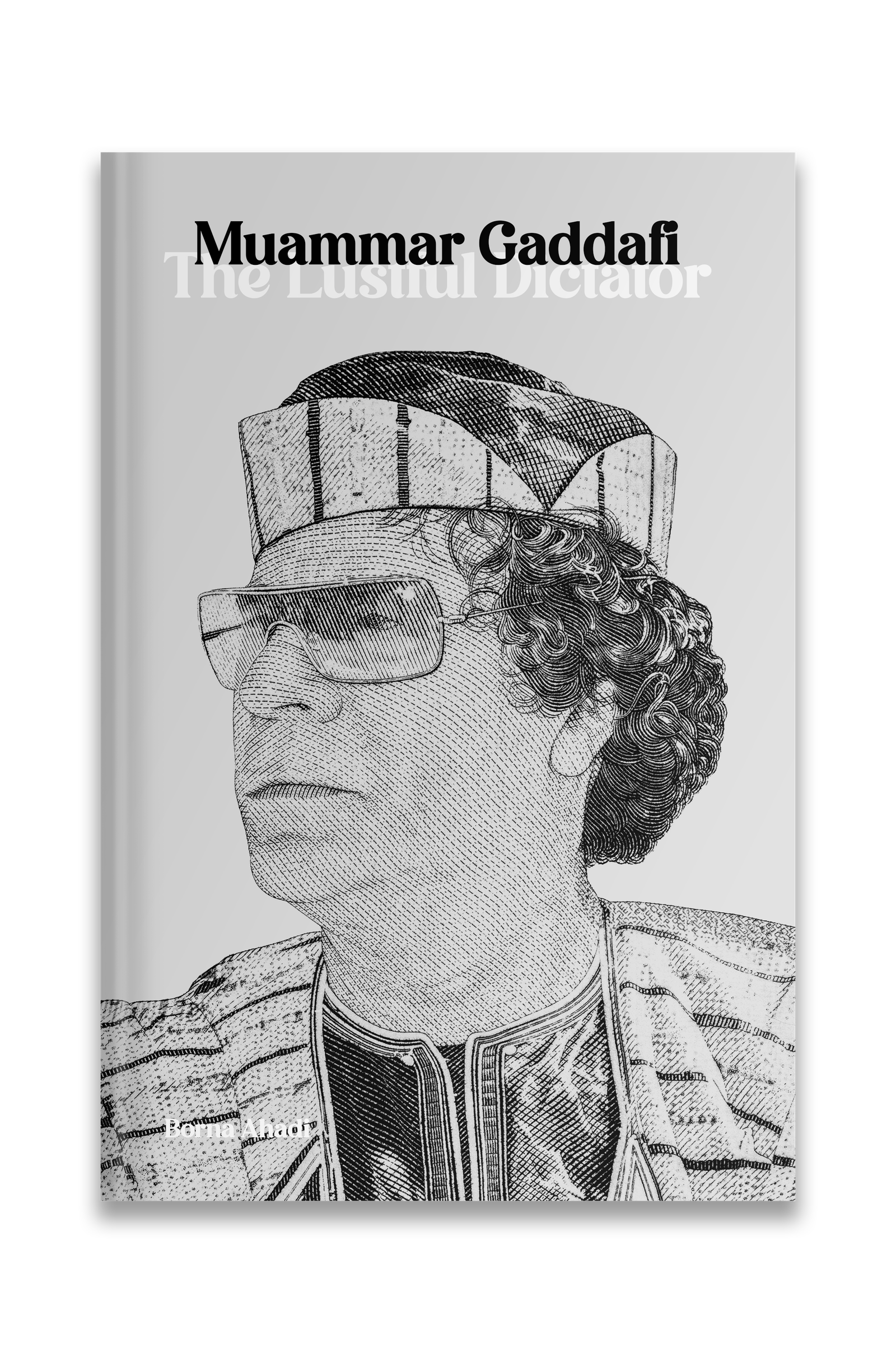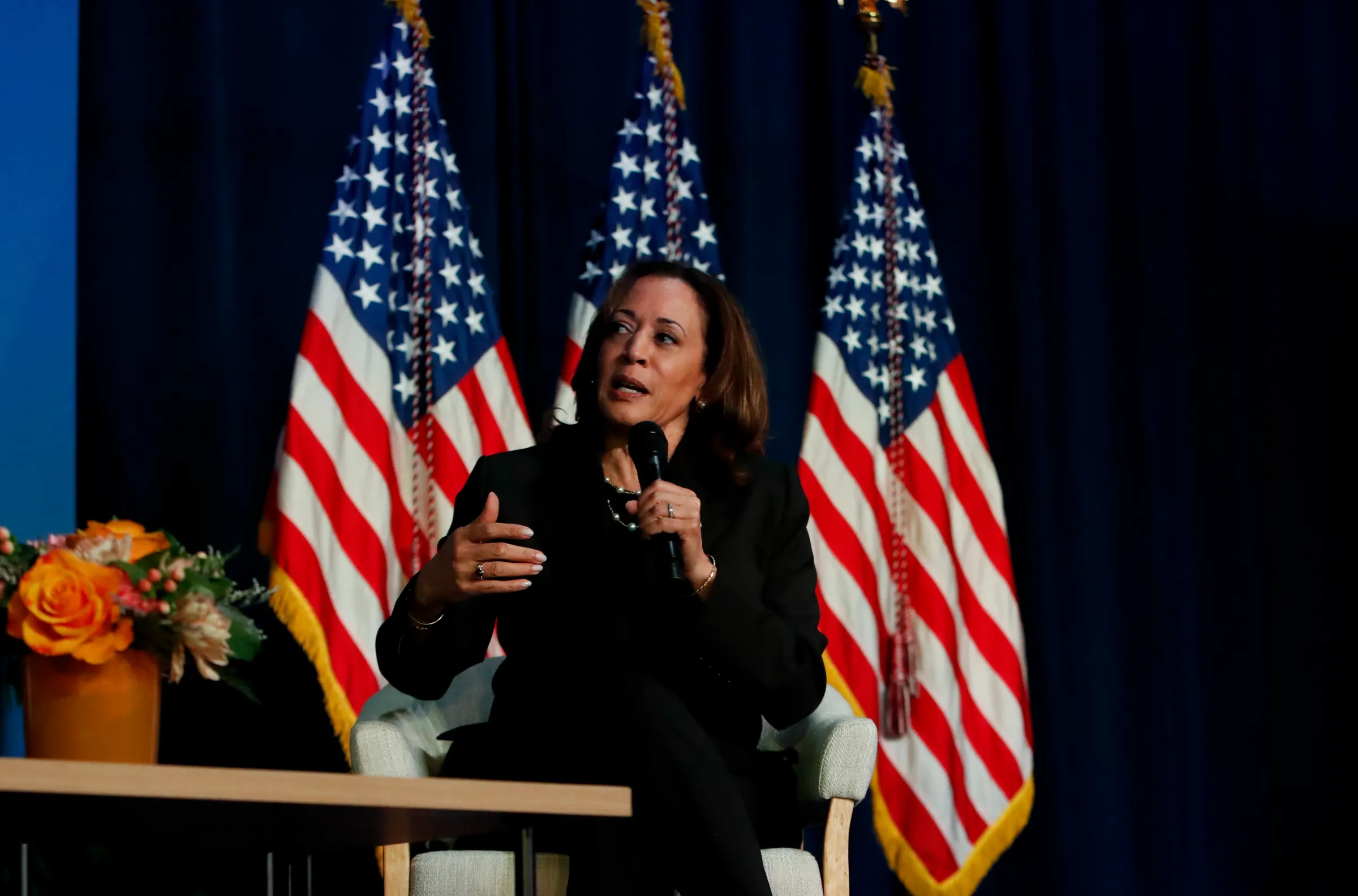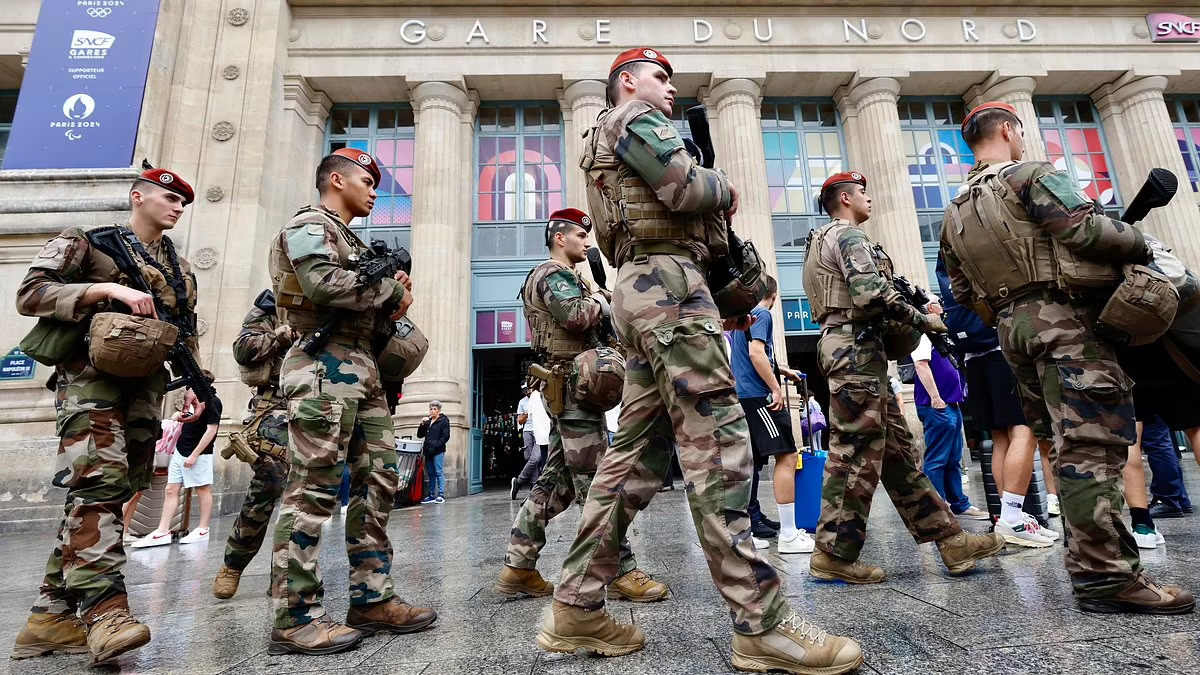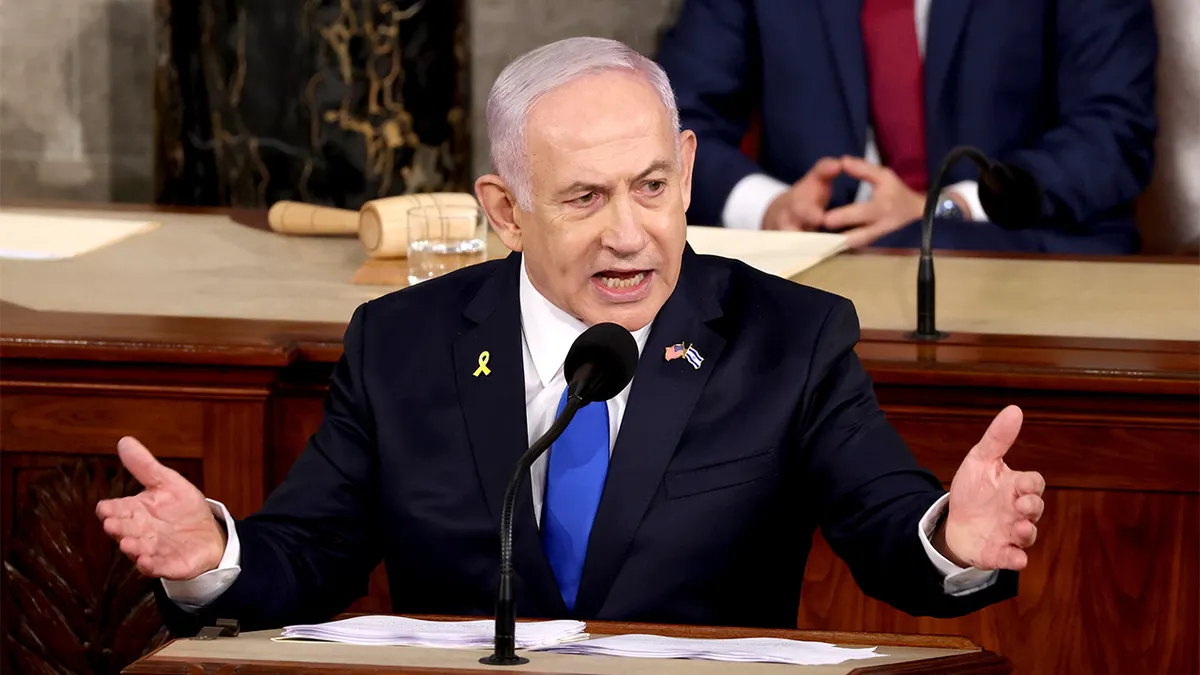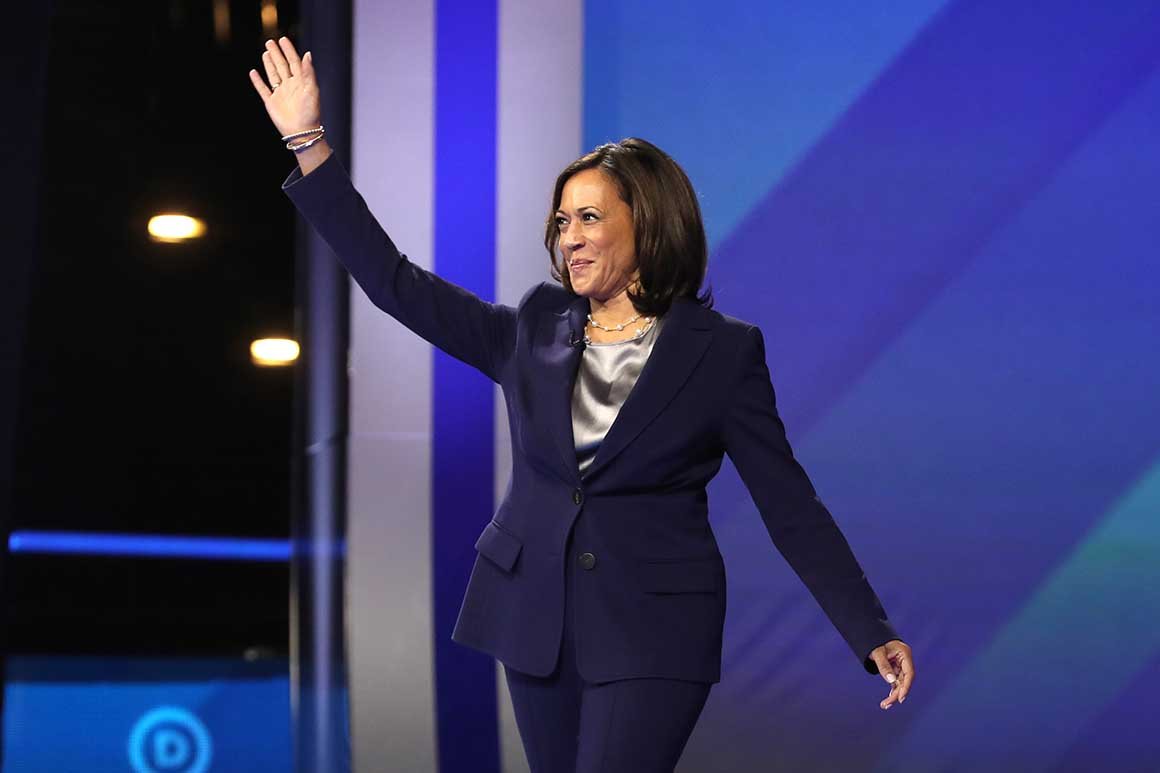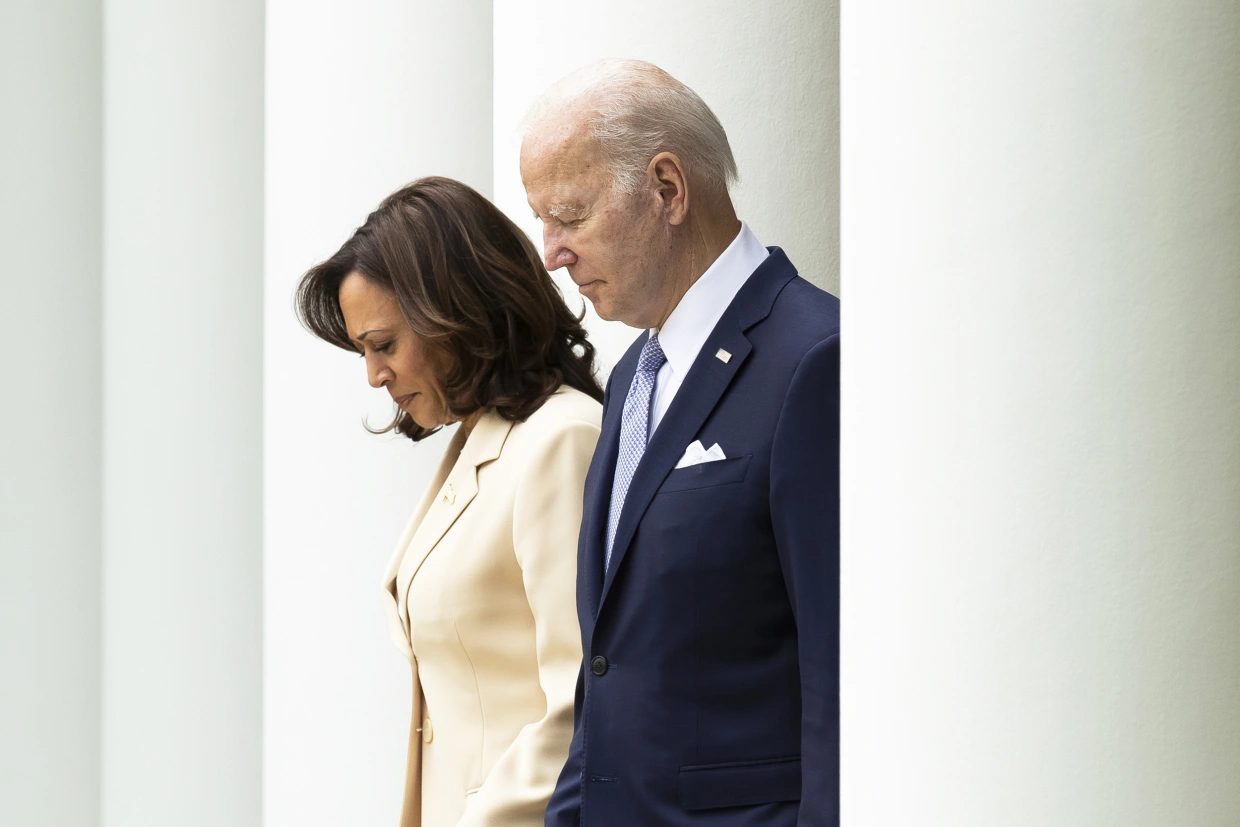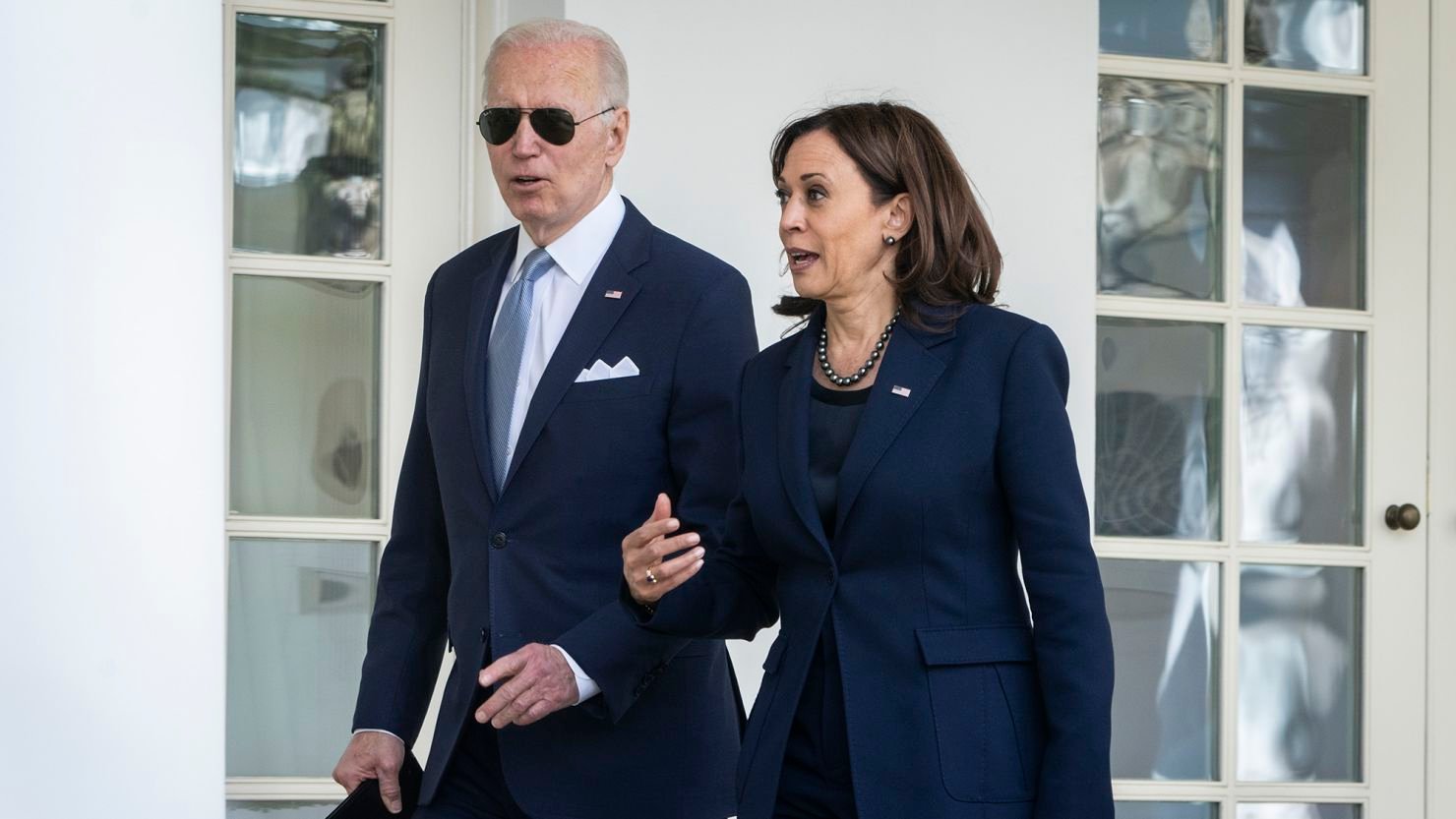
Indian Prime Minister Narendra Modi’s recent diplomatic gestures towards Russia, including a notable embrace with President Vladimir Putin, have sparked speculation about India’s strategic alignment and its potential bets on a Trump victory in the upcoming U.S. elections.
In recent months, Indian Prime Minister Narendra Modi has taken several steps that have drawn global attention, particularly his interactions with Russian President Vladimir Putin. During a high-profile visit to Moscow, Modi was seen warmly embracing Putin, a gesture that has been interpreted as a signal of deepening ties between India and Russia. This move has raised questions about India’s strategic calculations, especially in light of the upcoming U.S. presidential elections in November, where Donald Trump is a leading candidate.
Strengthening India-Russia Ties
India has historically maintained a balanced foreign policy, engaging with both Western powers and Russia. However, Modi’s recent actions suggest a potential shift in this balance. The embrace with Putin, coupled with ongoing discussions about defense and energy cooperation, indicates a strengthening of the India-Russia relationship. This comes at a time when global geopolitical tensions are high, particularly due to Russia’s ongoing conflict with Ukraine and the broader Western sanctions against Moscow.
Betting on a Trump Victory?
One of the underlying speculations is that India might be positioning itself for a potential Trump victory in the November elections. During his presidency, Trump maintained a relatively favorable stance towards both India and Russia. His administration’s policies often diverged from the traditional U.S. diplomatic approach, offering India a unique opportunity to strengthen its ties with Russia without facing significant pushback from Washington.
A Trump victory could potentially revive this dynamic, providing India with a strategic advantage in its foreign policy maneuvers. Modi’s government might be betting on the return of an administration that would be less critical of India’s engagements with Russia and more supportive of India’s regional ambitions.
Geopolitical Calculations
The geopolitical landscape is complex, with India navigating its relationships with multiple major powers. Strengthening ties with Russia allows India to secure its defense and energy needs, reducing dependency on Western allies. Moreover, it provides a counterbalance to China’s growing influence in the region. By aligning more closely with Russia, India can leverage its position in global affairs, ensuring it remains a key player on the international stage.
Domestic and International Reactions
Modi’s embrace of Putin has not gone unnoticed domestically or internationally. Within India, there are mixed reactions, with some praising the strategic foresight and others cautioning against over-reliance on Russia. Internationally, the gesture has drawn varied responses, with Western allies closely monitoring India’s diplomatic moves.
The Broader Implications
India’s actions are not happening in isolation. The global order is witnessing significant shifts, and nations are recalibrating their foreign policies to adapt to these changes. Modi’s strategic embrace of Putin could be seen as a pragmatic approach to securing India’s interests amidst a volatile geopolitical environment.
As the U.S. elections approach, India’s diplomatic maneuvers will continue to be scrutinized. A Trump victory could indeed alter the global diplomatic landscape, potentially validating Modi’s current strategy. However, the outcome remains uncertain, and India must be prepared to navigate the complexities of international relations regardless of the election results.
Conclusion
Prime Minister Narendra Modi’s recent gestures towards Russia, including the notable embrace with President Vladimir Putin, underscore India’s strategic calculations in a rapidly changing geopolitical landscape. As speculation mounts about India’s potential bets on a Trump victory in November, the world watches closely to see how these diplomatic moves will unfold and what they will mean for the future of global politics.



